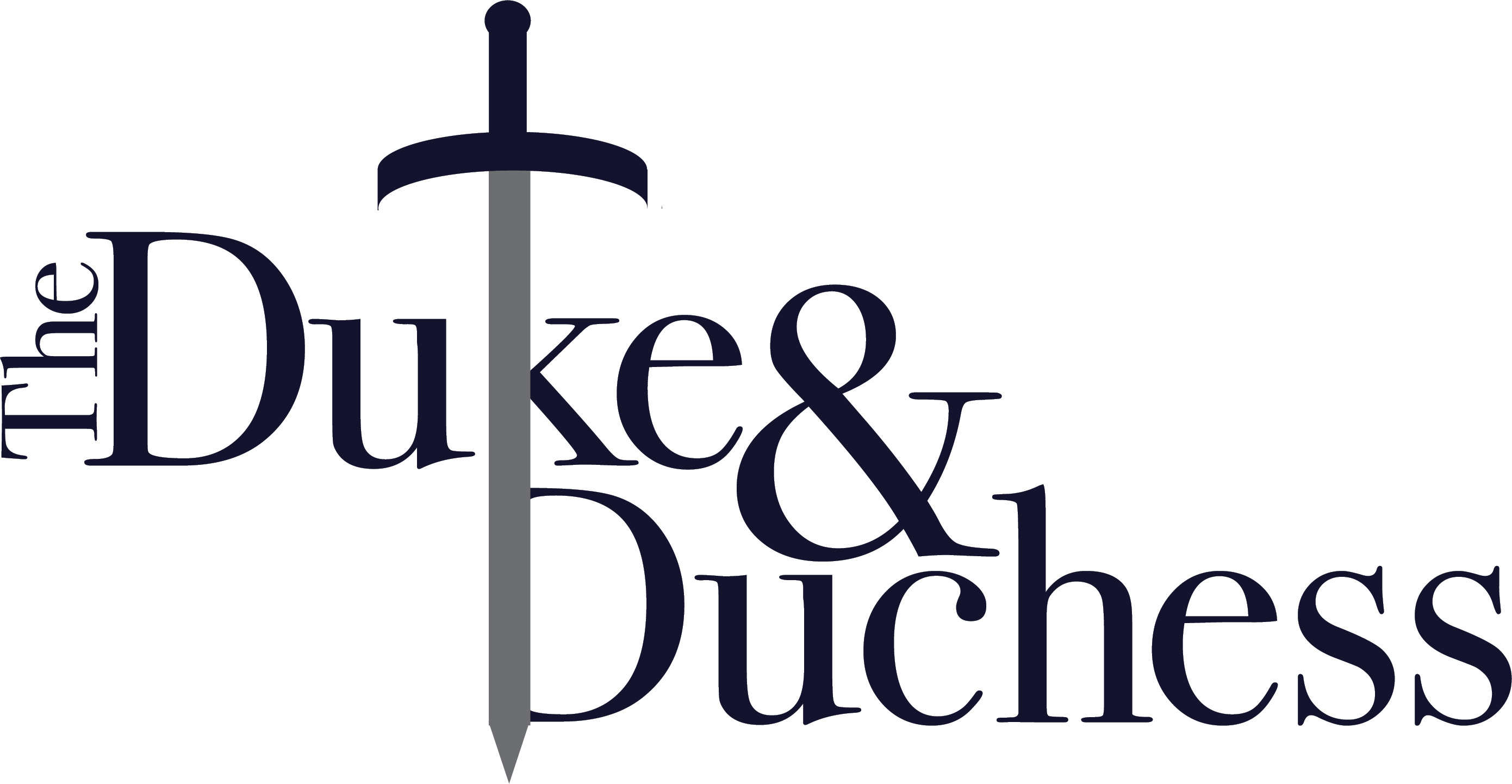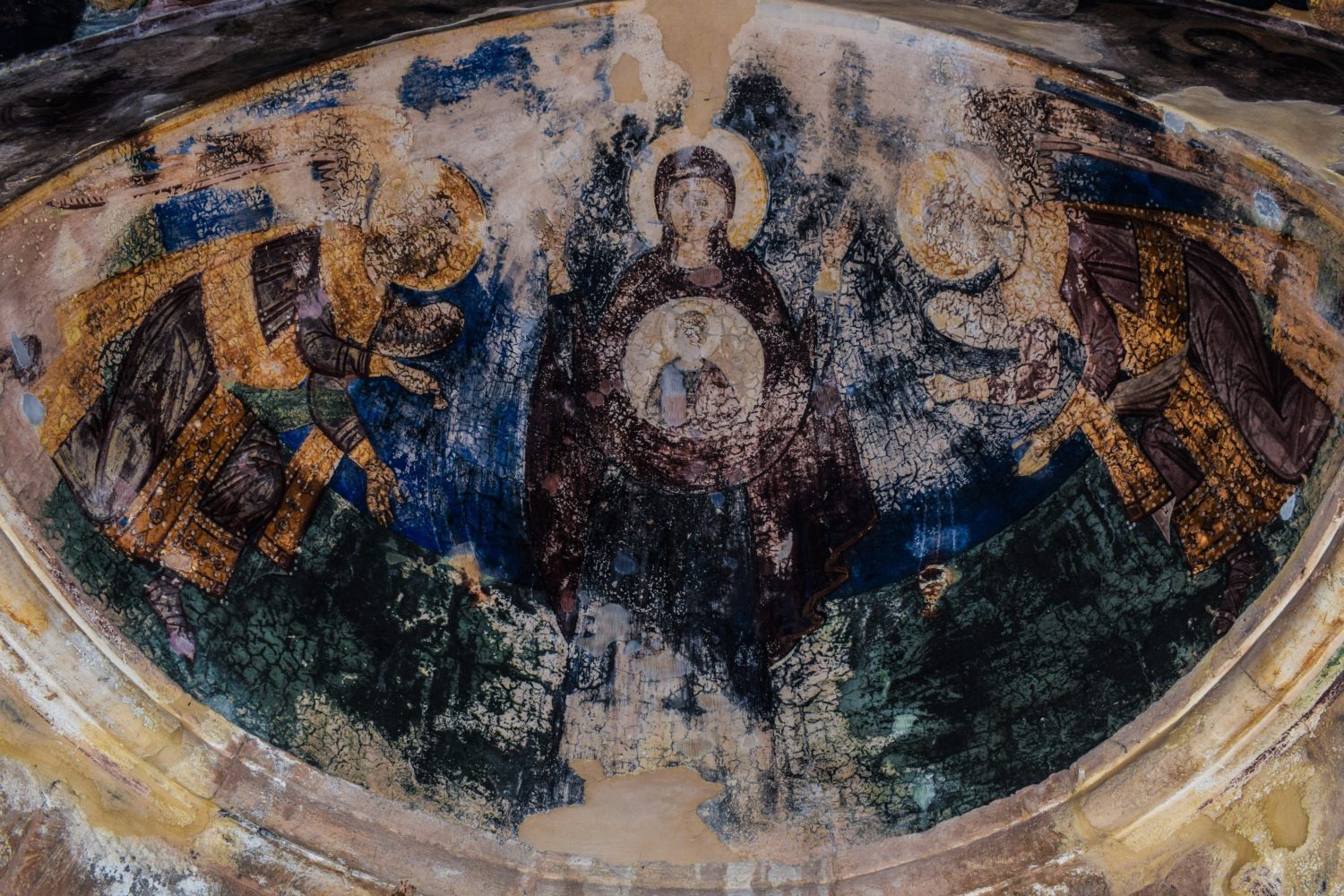By Theo Graham-Brown
A few years ago I decided to make an effort to read a lot of fantasy by authors who weren’t white. This wasn’t a political statement, it was simply that I was interested to know how different upbringings might result in different ways to approach the classic ‘sword and sorcery’ genre. This is a genre I was familiar with and yet I realised I was always reading a similar Western European view of it.
When I mentioned this to a friend he pointed me toward a recent podcast episode from Wired’s Geek’s Guide to the Galaxy which was with “People of Colo(u)r Destroy Science Fiction”
It was a good podcast. I collected the names of the authors I set out to read (two of them were featured on the podcast):
- Walter Mosley – Futureland
- Octavia E Butler – Kindred, Bloodchild
- Nalo Hopkinson – Midnight Robber
- Samuel R. Delaney – Neveryona, The Einstein Intersection
- Berit Ellingsen – The Empty City
- Saladin Ahmed – The Throne of the Crescent Moon
Early in 2019 Marlon James made the sort of novel I had been expecting to find in Black Leopard, Red Wolf, while in fact all of the above ended up being much more Sci-Fi than fantasy and also much less distinct from what I’d read elsewhere by white authors. All of them, however, are worth looking at.
Saladin Ahmed’s “The Throne of the Crescent Moon”
Termed as the first in a series, there has been no sign of him producing another book in the series which is a shame. There is no cliffhanger but the world he created is interesting and full of atmosphere and in the main the writing is very good. My only real criticism is how ‘fast’ the novel is. The denouement arrived at a pace that I found unsatisfying, with things resolving too easily and conveniently. I could have happily accepted a longer, slower take on the tale.
Berit Ellingsen’s “The Empty City”
This is a contemporary Sci-fi or else near future, with Ellingsen’s worries over the state of the planet woven into a character who is full of unquiet and cannot find his place in the world. At times it moves into the territory of a ghost tale and in fact it probably felt closest to Banana Yoshimoto’s book ‘The Lake’ for me. It’s not a book that will leave you with a warm fuzzy feeling but there’s great prose here.
Samuel R. Delaney
Delany is a classic SF writer who’s been going for years. I read The Einstein Intersection as it was listed as one of his best and then Neveryona as the world was mentioned, although I hadn’t realised at the time it wasn’t the first book in that series. Neveryona was the one that I liked best but both were stories full of the main character’s introspection. Neveryona had maybe the first cultural ‘twist’ of the sort I had been wondering about where the main race are dark skinned and the barbarian peoples are blonde and white.
Both books had a style I would term as very “pre-80s fantasy”. I am no scholar of sci-fi and fantasy so there are probably distinct terminologies for this, but I felt like the success of the Belgariad led directly to a resurgence in a ‘warmer’, character-driven sort of novel that even as George RR Martin basically cursed the Eddings’ works when he put A Song of Ice and Fire together, he was really building a part of. And so we have things like Kingkiller.
But to me the style of book we get in Kingkiller is very far removed from that older style, where the strangeness of the world was as much a character, where the lives of our characters is often brutish, with alliances maybe quickly dashed aside in pursuit of a goal and where dialogue was as likely to descend into exposition.
Anyway, this isn’t meant to say these books of Delaney’s aren’t good because they absolutely are, but I think they are also strongly ‘of their time’.
Nalo Hopkinson’s “Midnight Robber”
I think of all the books I read in this exercise, this one is the best although the language style of the first part – a sort of Caribbean patois – might put some readers off. However, there is a reason for that and we return to more standard prose in the later parts of the novel so it is worth persevering if you find this side tough at first. The story and people are rooted in Caribbean culture and her ideas and world-building are fantastical: detailed and intelligent with everything making perfect sense while still being alien and unexpected. What ties it together is a genuinely great story arc for the heroine, Tan-Tan.
Octavia E Butler
Really it’s shameful I’d never read her stuff before. In fact I picked Kindred even though it would seem to be the least fantastical of her tales, instead being a story of time travel. I read The Time Traveller’s Wife when it came out along with everyone else but I found it lacked something; reading Kindred I realised this was the time-travel romance novel that really spoke to me. I get the impression I was very late to the party in picking it up but maybe it’s a generational thing. Certainly if you are a fan of time travel books then this one will hit you very much in the feels and it pulls no punches, as you would expect from a novel dealing with slavery by a black woman.
The short story Bloodchild was a freebie ebook and was an excellent piece of sci-fi about a place where humans are used by a parasitic intelligent and powerful alien race. In talking about this story Butler said that people assumed there was an allegory about slavery here but she hadn’t intended that at all, which I guess is all about confirmation bias based on the author.
Walter Mosley’s “Futureland”
Mosley is best known for hardboiled crime fiction, particularly the Easy Rawlins novels that began with Devil in a Blue Dress, but in Futureland we have nine interlinked short stories set in a dystopian, cyberpunk-ish future world. I am actually a sucker for linked short story collections and I think this one is worked brilliantly. The first story is definitely a little slow because it is also helping to lay foundations for the other tales to build on but by the time we get to the final story the pace seems blistering. There is a lot of strong commentary on racial politics in this, which I appreciated and think is particularly apt when doing this sort of sci-fi, and I probably enjoyed it second best after Midnight Robber.






